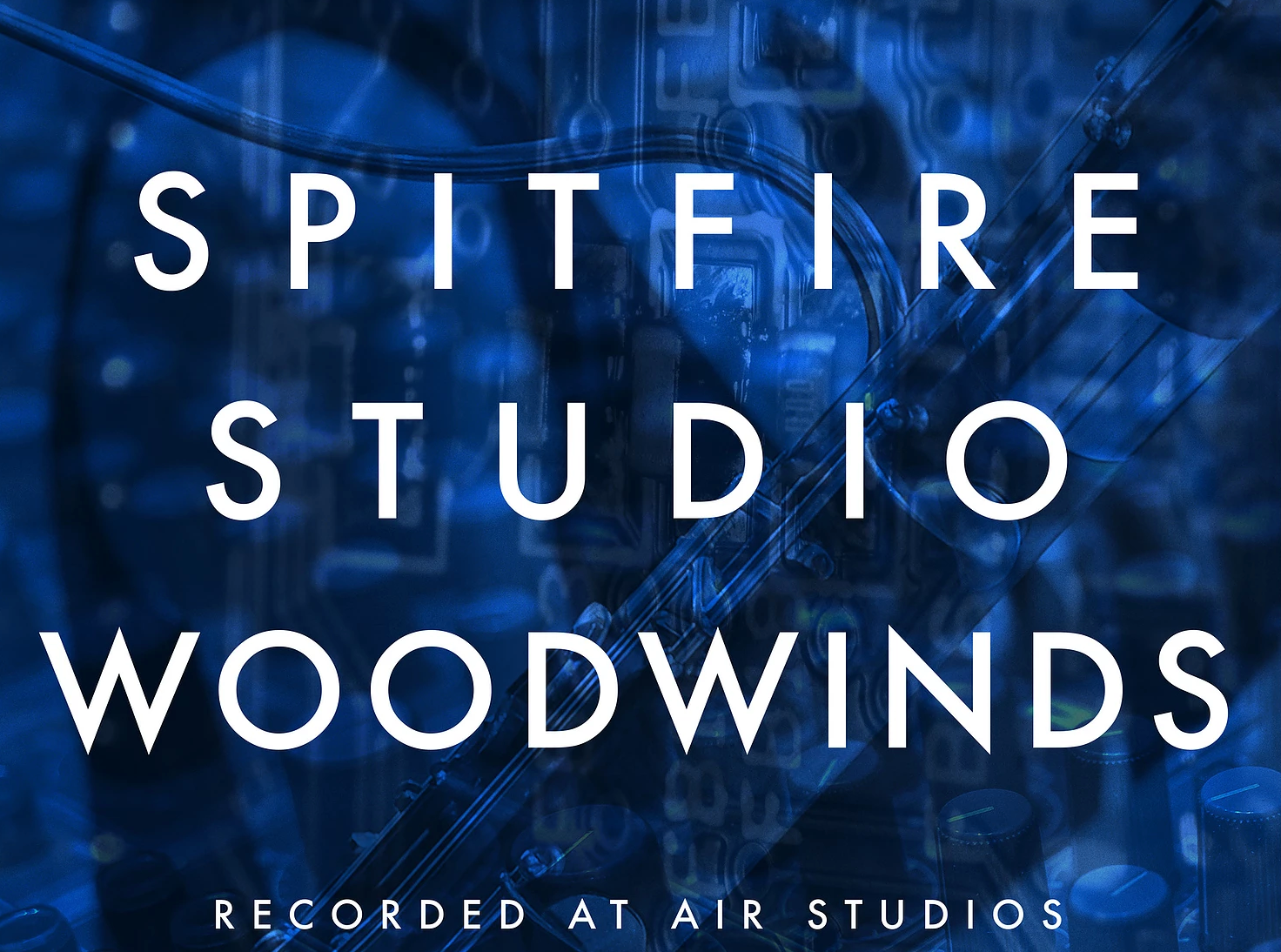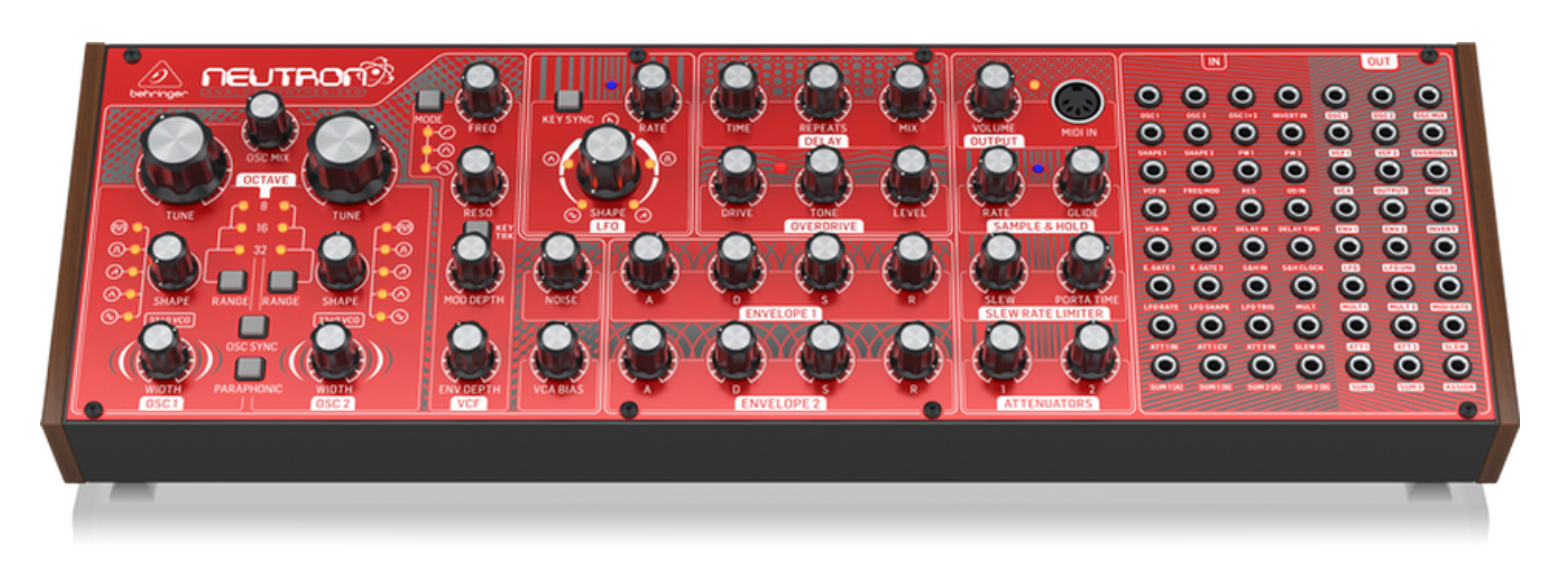If you've never heard of Ample Sound, you're in for quite the treat. Usually sample libraries that try to emulate realistic sounding guitar or bass instruments (especially acoustic) end up sounding pretty fake. Often sample libraries will lean towards loop based methods to counter this, but the tradeoff for that is that you lose a certain amount of control when composing with the library. Ample Sound seem to have perfected this craft with their recent update to their Ample Guitar Martin library, Ample Guitar Martin III. Available now for only $169.

Ample Guitar Martin Sound
Honestly this is the most realistic recreation of an acoustic guitar i've ever heard. You can play the guitar like a keyboard, but the real power comes when you actually play it like a guitar. The interface automatically chooses certain strings and frets when playing, and adds contextual release sounds. Key switching is used to take advantage of the various articulations, which is very hard to do in a live performance setting but very flexible when it comes to getting dirty in the MIDI manipulation. Just take a listen for yourself:
You may have noticed there is a sequencer of sorts built into the GUI. This is where the realism blew my mind, even though I was only taking advantage of the preset patterns (of which there are a TON). In addition to this the interface has a Guitar Tab player, which will be much more familiar to fellow guitarists out there.
Ample Guitar Martin Features
-
5.83 GB of samples
-
Incredibly powerful and beautiful GUI
-
Picked, Hammer-on/Pull-off, Harmonics, Slide, Strum, and Palm Mute articulations
-
Built in 'player' that offers incredible realism
-
Built in Guitar Tab Player (can read several prevalent guitar tab formats)
-
Integrated EQ, Compression, Echo, and Reverb effects
Ample Guitar Martin Cost & Comparison
Ample Guitar Martin III is only $169. While this may seem like a lot to many people, in my opinion its getting you the best acoustic guitar sample library in the world at this time. You may be content with Strummed Acoustic by Native Instruments, as that is also a fantastic library, but it doesn't even come close in terms of features and articulations to Ample Guitar Martin (also Session Guitarist Strummed Acoustic cost $99).
As an extra incentive as to why this price is so fair, and how it works out better than most other libraries in terms of raw value, you can create your own custom bundles on Ample Sound's website and get this library along with 4 other instruments for less than $99/library. I tested out their custom bundle system and almost any 5 of their libraries will end up costing less than $500 (depending on which libraries you choose). You don't really find this kind of value anywhere else.
How Ample Guitar Martin Works
You can just play this library manually, using keyswitches to transition between the various techniques. However Ample Sound has made your life a bit easier by including several features such as the Riffer and the Tab Player. The Riffer works somewhat like a sequencer, allowing you to choose notes on each string and control the strumming of those notes across the strings - this allows for incredible realism that would be very hard to do manually via MIDI.
The Tab Player can apparently (haven't tested it) load common tab formats (Guitar Pro?) - so if you're a guitarist used to writing music in Guitar Pro either for the purpose of tabbing or also for composition, you can import those tabs into Ample Sound's products and turn them into beautiful sounding instruments. The tab format is also very easy to use if you are a guitar player, and will allow you to create parts that are much more realistic than using MIDI - this is because you will be forced to write around the limitations of a physical guitar, and will choose chords that can actually be played on a guitar.
I made a video showing how the library works so you can see for yourself. Just take note that the glitches and pops in the video are a result of my screen capture setup, which takes a lot of memory and makes it harder for many sample libraries to keep up. When you're playing it in your DAW or burning the audio, the sound is free of any glitches.



